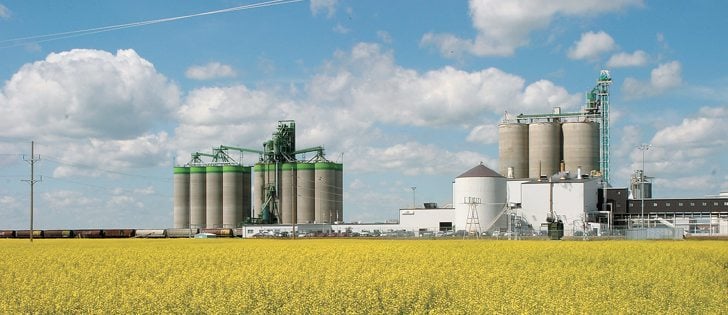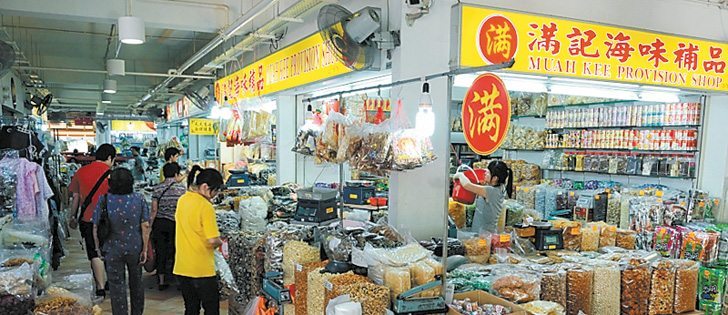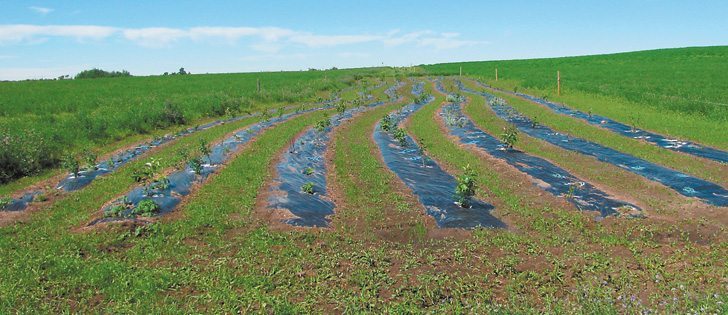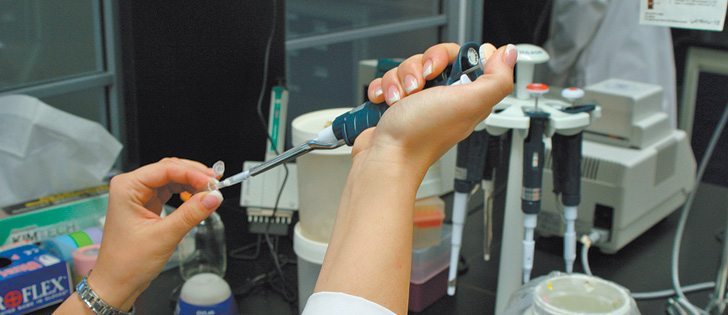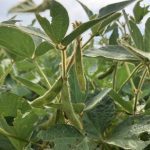Agricultural programs in Ontario and Quebec are near the top of the list of world trade issues that annoy the American hog industry.
“The Americans are very concerned about the new program in Ontario,” Manitoba Pork Council chair Karl Kynoch said in an interview at the World Pork Expo in Des Moines, Iowa.
“They are really riled up about it.”
Quebec’s Assurance stabilisation des revenus agricoles program, which subsidizes hog producers’ income, has annoyed American hog producers for many years, but the recent creation of a similar Risk Management Program in Ontario has exacerbated tensions.
Read Also

Russian wheat exports start to pick up the pace
Russia has had a slow start for its 2025-26 wheat export program, but the pace is starting to pick up and that is a bearish factor for prices.
The Ontario and Quebec programs were brought up twice by U.S. National Pork Producers’ Council trade officials during outlook sessions. They were the only major Canadian issue that was discussed.
“Canada’s long history of subsidizing its hog producers has created a significant distortion in the North American hog markets,” said NPPC president R.C. Hunt said during a news conference.
The two provincial programs are the basis of the NPPC’s argument that Canada should not be allowed to join the Trans Pacific Partnership, a trade zone that contains many Asian countries.
“NPPC strongly urges that this 25 year trade (distortion) be eliminated as a condition for Canada’s entry,” said Hunt.
The Ontario and Quebec programs are provincial government initiatives and are not supported by the federal government. The Ontario program, which was recently implemented, has not received the traditional 40 percent share of funding from the federal government because federal bureaucrats say it is clearly a countervailable program.
Kynoch, who was touring the World Pork Expo with Manitoba Pork Council executive director Andrew Dickson, said Manitoba hog farmers are uniquely vulnerable to American trade actions and don’t like seeing eastern provinces provoking U.S. growers.
“If the Americans are concerned with provincial programs, it’s a concern for us,” he said, noting that any trade action would be against all Canadian exports and would not target just the provinces with the offending programs.
“If they launch a trade action, it hurts us because we are so reliant on exports.”
The likelihood of another pig trade war with the United States is unclear. The battle over country-of-origin labelling is before the World Trade Organization, which has been expensive and time consuming for all sides.
Canada won a major countervailing and dumping struggle with the U.S. over the past 10 years, but only after spending millions of dollars in legal fees and suffering huge losses because of lost markets south of the border.
Manitoba hog producers paid $6 million in legal fees during that battle.
The Quebec and Ontario programs top the list of American grievances with Canada, but there are other issues as well.
The American industry objects to any safety net program that helps producers, even the “whole farm” supports that are generally considered non-distorting because they encourage no specific form of production.
The NPPC doesn’t like programs such as Agristability, Farm Credit Canada and anything that evens out income volatility or makes credit available to farmers.
The NPPC even objects to provincial programs that make natural gas available to farms.
In an interview, Hunt said farms in his home state of North Carolina truck in propane for power, while many Canadian farms are able to use cheaper natural gas because governments help provide access to the distribution system.
“They have tremendous reserves, so just something as simple as being government-built to supply gas to all of the livestock facilities all across the country (is a subsidy to Canadian producers),” Hunt said.
American hog producers also complain about the federal government’s sow buyout and barn mothballing program of three years ago, which took 200,000 sows out of production for at least three years.
The American objection to the program is that it is now ending, which will allow those mothballed facilities to come back into production.
“That program is ending just at the time that Ontario is implementing a program to guarantee profits,” said Iowa State University agricultural economist Dermot Hayes.



